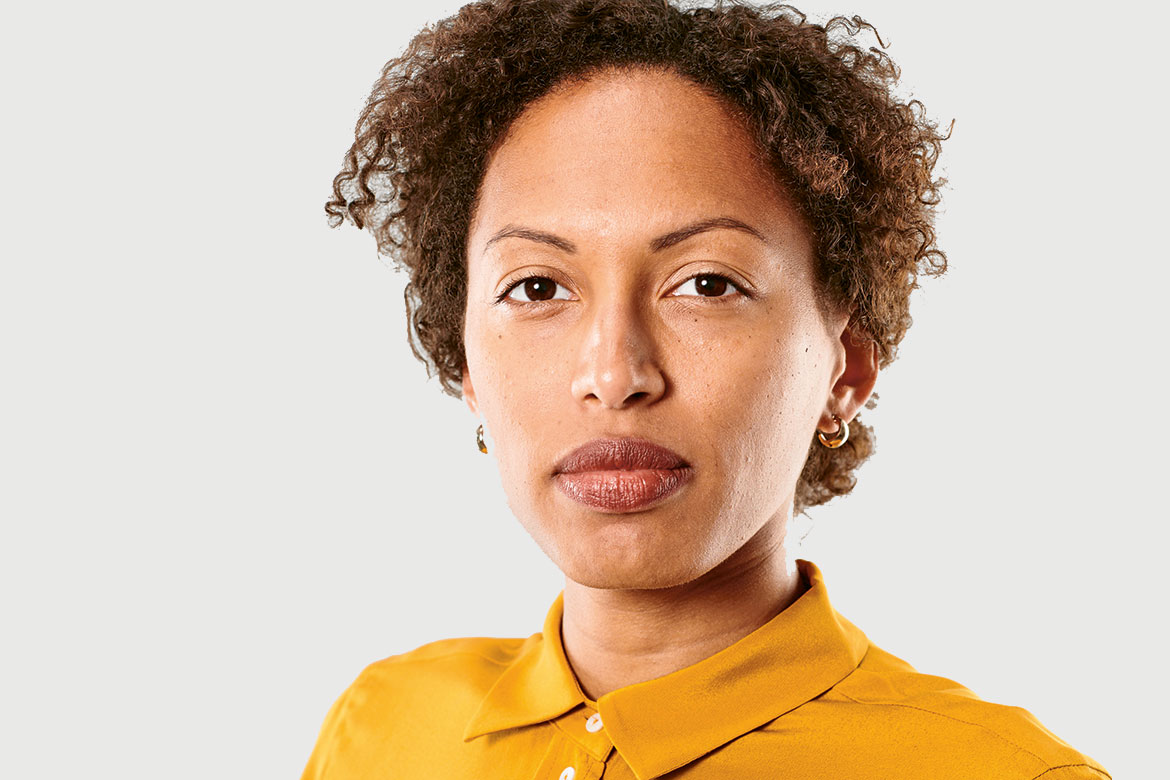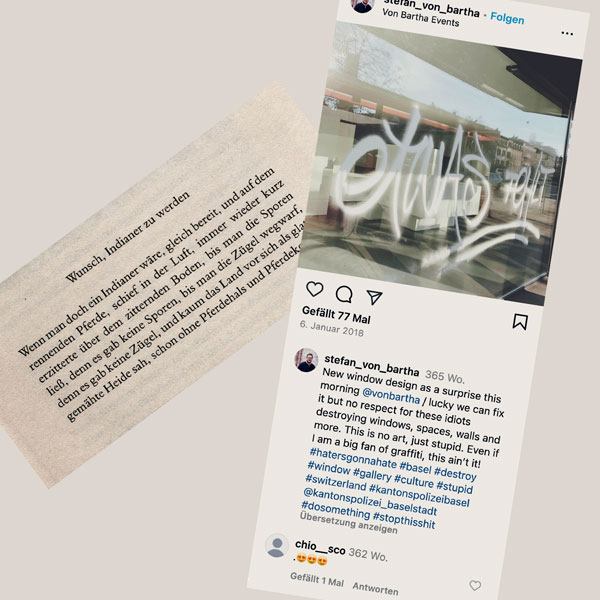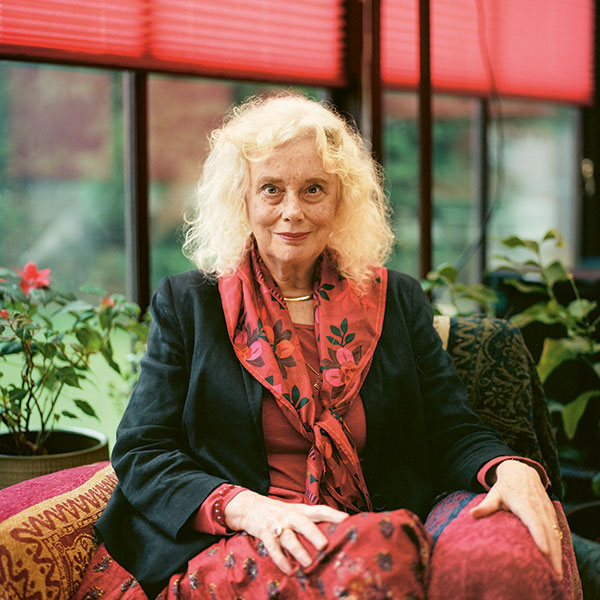Standpoint
Estefania Cuero: “There is a great desire for solidarity”
The newly founded Swiss Young Academy provides networks and support for young researchers, as its media spokesperson Estefania Cuero explains in our interview.

Estefania Cuero is a doctoral student at the Faculty of Humanities and Social Sciences of the University of Lucerne. In late June, she was elected the spokesperson of the newly founded Swiss Young Academy. | Image: zVg
In early summer, Estefania Cuero was elected to the executive board of the Swiss Young Academy and was made its first spokesperson. This newly founded platform is intended to promote networks and support for young researchers.
Estefania Cuero, why is the Swiss Young Academy necessary in the first place?
It complements those institutions and expert bodies that help to establish optimum working conditions for young researchers. If you are situated within a hierarchy and thus in a dependent relationship, you can’t simply wish things better. But we are independent, and we want to show that interdisciplinarity and transdisciplinarity are something positive.
Why?
When submitting project applications, I’ve on occasion been advised that they cover too many fields. Young researchers are often told that they have to be excellent in a single field. This has to do with ossified structures and a fear of a loss of quality. And yet transdisciplinary projects can also enhance quality.
Does this attitude motivate young researchers to join the Young Academy?
Yes, it’s one aspect to be sure. But most of all, we offer an attractive network that all our members can help shape. There is a great desire for solidarity among young researchers. In the Young Academy, for example, we express this solidarity by providing career advice.
Besides engaging in internal dialogue, you also want to promote dialogue with the broader public. Why do we need you for this?
In order to increase the number of dialogue partners and to expand perspectives. For example, we have new ideas about what channels might be used to this end.
What exactly do you mean by ‘dialogue with the broader public’?
It’s not enough just to provide information from the world of scholarship. You need a process of exchange in which questions and answers from the general public are properly acknowledged. It’s not enough to decide which topics we want to broach with people; we also have to decide on the form of that engagement.
Can you give us a successful example from your own career?
When I was doing my Bachelor, I was focused on literary studies, also outside the university. We provided a visual and musical background to poems by Octavio Paz and by Afro-Cuban poets such as Nancy Morejón. At performances in a Berlin delicatessen bar and a little bookshop, we made sure the audiences knew that the topic of the poetry is also relevant to society today: they’re about getting people to realise that all human beings are equal.
What concrete projects are being planned by the Young Academy at present?
I don’t want to give that away just yet. But it’s clear we want to be versatile. We unite all disciplines and abilities. We have lots of great ideas, and our initial challenge will be to agree on which ones to launch first of all. That’s not going to be easy!




